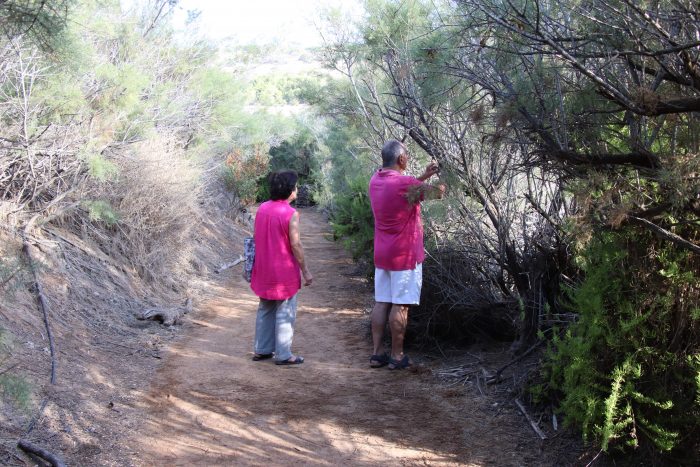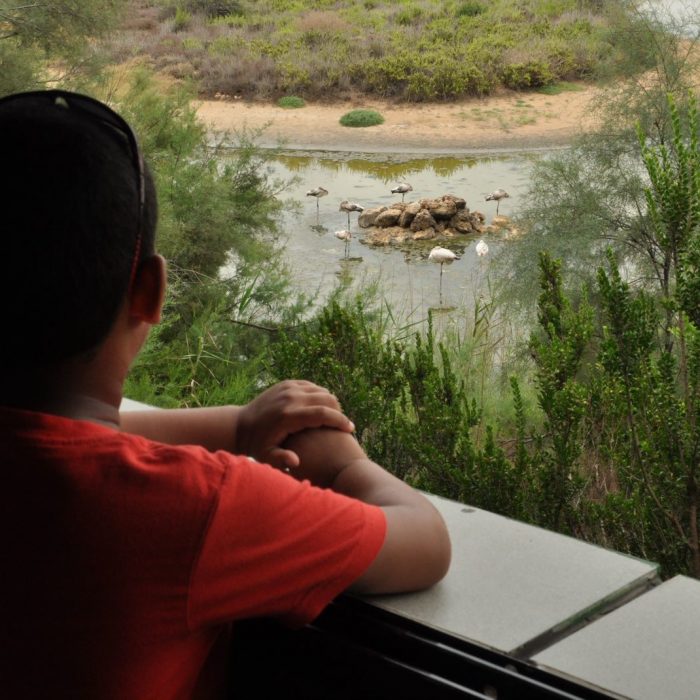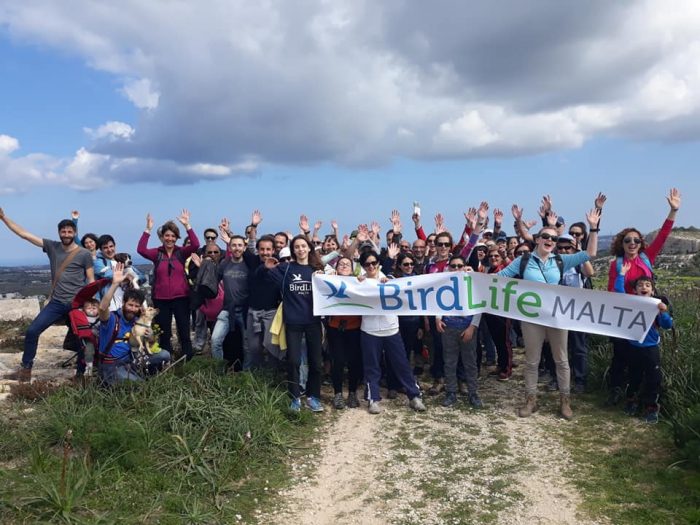Humans are part of nature. We were designed in this way and living in harmony with nature makes us happy and healthy.
With progress, our lives became concentrated inside buildings, and our habitats became urbanised. According to various estimates, our time outside has shrunk to 1%–5% since the 1980s.[1] Many scientists find such separation from nature in its original meaning destructive for our physical and mental health. That is why more and more doctors refer to ecotherapy – various outdoor practices that help to improve our health through reconnection with nature.
Many studies confirm the effectiveness of ecotherapy in the normalisation of heart rate and blood pressure, surgery recovery, cardiopulmonary rehabilitation, pain reduction, vitamin D deficiencies, Attention-Deficit/Hyperactivity Disorder, dementia, obesity, post-traumatic stress, anxiety, self-esteem, addiction and general mental well-being. Interaction with nature reduces stress and helps people develop a more positive outlook which as a consequence, strengthens the body’s immune system.[2] Measurements of stress hormones, respiration, heart rate, and sweating suggest that short doses of nature can calm people down and sharpen their performance. For example, a control group of students showed an increase of 50% in performance on creative problem-solving tasks after a three-day period of wilderness backpacking. The hypothesis explaining this tells us that being in nature allows the prefrontal cortex, the brain’s command centre, to dial down and rest, like an overused muscle.[3]
Even simple living in greener areas make a remarkable impact on our well-being. Green living is associated with lower probabilities of cardiovascular disease, obesity, diabetes, asthma hospitalisation, mental distress, and ultimately mortality, among adults; and lower risks of obesity and myopia in children.[4] Researchers from England analyzed data from 10,000 city dwellers and found that people living near more green space for a long stretch of time reported less mental distress, even after adjusting for income, education, and employment.
By comparison, urban surrounding leads us to higher stress. When volunteers in one of the researches done on this subject were looking at urban scenes, their brains showed more blood flow in the amygdala, which processes fear and anxiety. In contrast, the natural scenes lit up the anterior cingulate and the insula – areas associated with empathy and altruism. Comparing the results of two control groups – walking in nature and in urban areas – researches found out that the nature walkers showed decreased activity in the subgenual prefrontal cortex – a part of the brain which is related to depressive rumination.[3]
In Malta, 96.2% of the population is urban. In such circumstances, ecotherapy gains even higher importance. That’s why BirdLife Malta as an organisation that has direct access to nature reserves, initiated different ecotherapy activities to support mental well-being in Malta.
Together with the Richmond Foundation, we started an ecotherapy program in our nature reserves for those who live with mental health problems: Blooming Minds. With the Ministry for Education and Employment, we push for outdoor education in the curriculum to help our children grow healthier. During the year we organise dozens of outdoor activities for wide public such as Picnic at Simar, Sicily Day Trip, Walk for Nature and other.
But even without our invitation, there is plenty of ways how to practise ecotherapy without assistance. We prepared an Ecotherapy diary with some ideas that might inspire you to spend quality time outdoors. Feel free to copy or print it for your personal use. And every time before and after you take a dose of nature, evaluate your feelings on a scale of 1-10, where one is bad and 10 is good, and find out which type of ecotherapy activities have the most favourable effect on your mental health. If you notice progress, share this blog with someone who could also benefit from this simple and free concept.
And remember to be respectful to nature during your ecotherapy: “leave nothing but footprints and take nothing but photographs”. Be healthy and never get bored in nature!
By Svitlana Shevchuk, BirdLife Malta Communication Assistant



